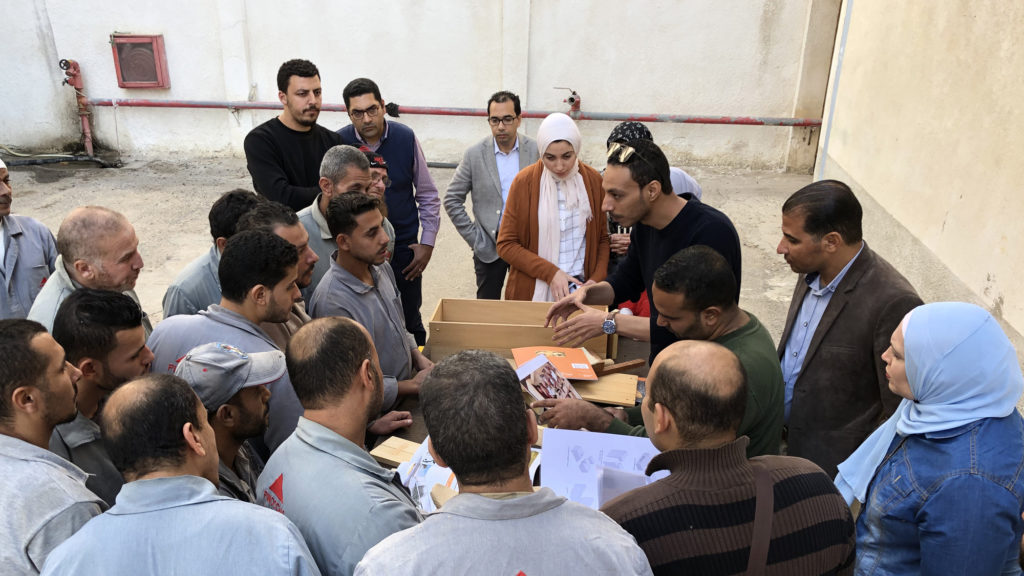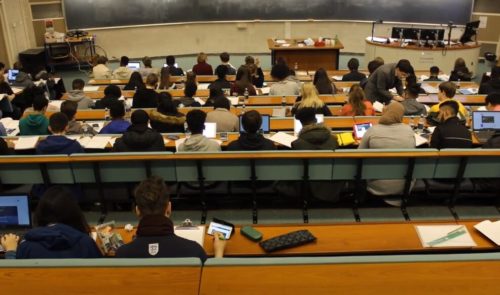
Research at the Fitzwilliam Museum into its internationally significant collection of more than 200 ancient Egyptian coffins and coffin fragments was shared through the Death on the Nile: Uncovering the Afterlife of Ancient Egypt exhibition in 2016, through the delivery of a series of innovative ‘pop-up’ museums and through building a peer-to-peer network and training initiative in Egypt.
While other institutions have usually approached this field of research by studying discrete aspects of each coffin, the Fitzwilliam Museum has taken an interdisciplinary approach, involving specialists such as Egyptologists and experts in ancient painting and carpentry techniques.
The application of Computed Tomography (CT) scanning (in collaboration with Addenbrooke’s Hospital, Cambridge) revealed highly significant insights into ancient joinery techniques, the construction of coffins and the prevalence of refashioning and recycling of wood from earlier coffins to make new ones.
The Death on the Nile exhibition reached almost 92,000 visitors during its 13-week run, 70% of the Museum’s total visitors for that period. Following on from this, curators and conservators took a series of ‘pop-up’ museums to community venues in Wisbech, a Fenland town in an area of the UK with high levels of social and economic deprivation, sharing their research via real museum objects, craft replicas and hands-on activities showing the coffins’ construction.
The team’s innovative research and engagement methodology was also shared with museum professionals in Egypt through workshops on coffin construction and decoration and the ‘pop-up’ museum concept, enabling them to deliver their own ‘pop-up’ museums and workshops to transform professional museological practice and stimulate further cultural engagement within their local communities.
“Today I realised that ancient Egyptians are the origin of many tools and techniques that we still use today and they left us a great legacy.”
– Carpenter attending pop-up museum in Damietta, Egypt


